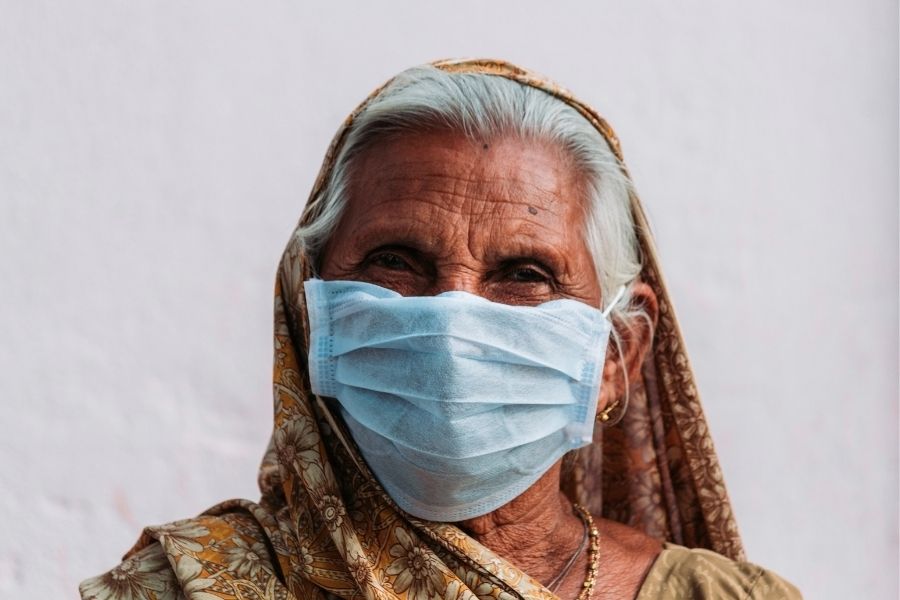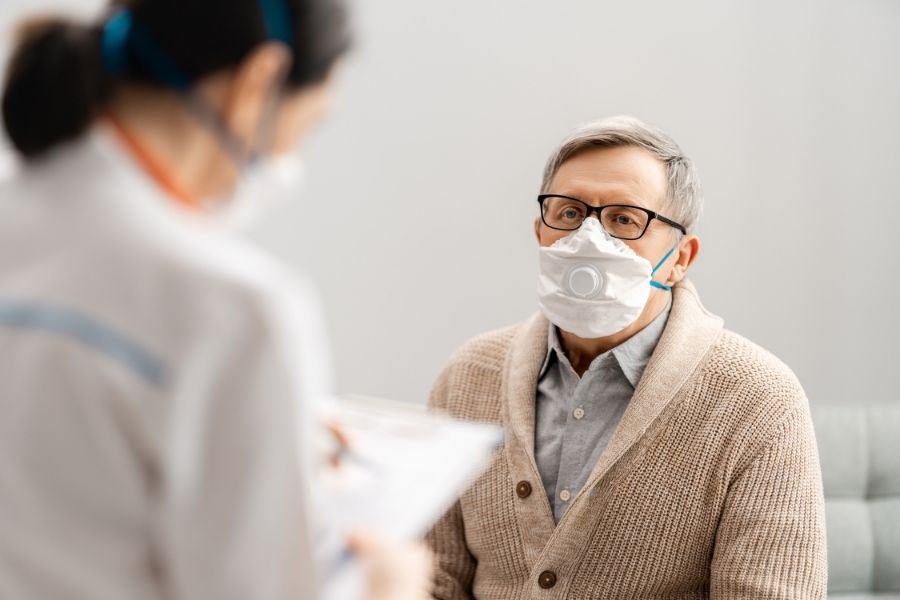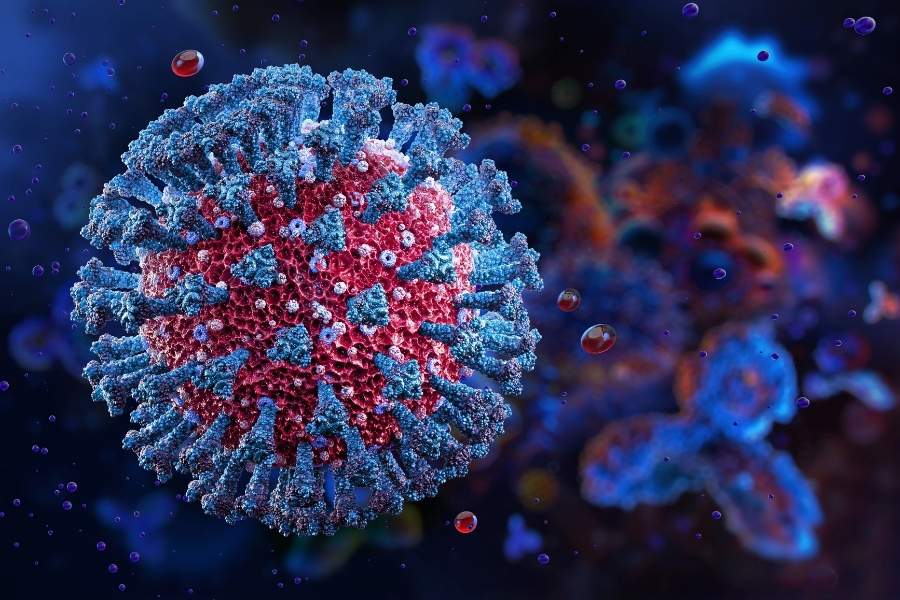West Bengal has recorded a rise in Covid-19 cases over the past week. Four fresh cases were reported on Monday, bringing the total number of active cases in the state to 11. Most of these cases are from Kolkata and nearby areas, with patients receiving treatment in both government and private hospitals. While the numbers remain low, doctors My Kolkata spoke to are urging citizens to stay alert without giving in to panic.
A familiar virus in a new form
A few days ago, the state had only one active case, according to the health department. This rise comes at a time when several other states like Maharashtra, Kerala, and Tamil Nadu are also witnessing a mild resurgence in Covid infections.
The recent infections are largely caused by subvariants of the Omicron strain — particularly JN.1 and its new offshoots, NB.1.8.1 and LF.7. These strains, though highly transmissible, are not necessarily more dangerous.
Dr Soutik Panda, in charge of Critical Care at Woodlands Multispeciality Hospital, explained that these new cases are sub-lineages of JN.1, which was responsible for the last wave of infections in 2022–23. “These are all sub-lineages of the JN.1 variant, which belongs to the Omicron family. The new variants are being driven by spike protein mutations, but they are characteristically similar to JN.1. Their infectivity and case fatality are on similar lines,” said Panda.
He added that symptoms of these variants often resemble the common flu — including fever, sore throat, dry cough, nasal congestion, and even gastrointestinal issues like diarrhoea in some cases. This similarity often leads people to treat the illness at home, resulting in underreporting.
Who is most at risk?

High-risk individuals, such as the elderly and immunocompromised, are vulnerable, say doctors Shutterstock
While most people will only experience mild symptoms, certain groups should be more cautious. “Mild disease can happen to anybody, but moderate to severe illness is more common among the elderly, especially those over 60 with existing conditions like COPD or asthma,” said Panda.
Arup Halder, pulmonologist at CMRI Hospital, agrees. “The high-risk individuals, such as the elderly and immunocompromised, are vulnerable. These are the people who should be the most careful,” he said.
When to see a doctor
Doctors say that anyone experiencing persistent flu-like symptoms, such as moderate to high fever, dry cough, sore throat, or loss of smell, should not ignore them. “If these symptoms appear, particularly in older individuals or those with pre-existing conditions, it’s best to consult a physician and consider getting tested,” said Panda.
He also stressed that due to the self-limiting nature of Omicron and its subvariants, many people are not going for Covid tests. “That’s why we are seeing underreporting. The actual number of cases is likely higher,” he said.

Anyone experiencing persistent flu-like symptoms, such as moderate to high fever, dry cough, sore throat, or loss of smell, should not ignore them Shutterstock
No hospital rush, but systems in place
At present, there are no active Covid-19 patients admitted to Woodlands Hospital. “We did treat one patient in early May, who tested positive through an upper respiratory PCR test, but she recovered and went home after about a week. Currently, we have no Covid patients,” said Panda.
CMRI Hospital, too, has not seen new Covid admissions, but is taking no chances. “We are closely monitoring the situation and have started marking oxygen-supported beds, stock-checking PPE kits and antiviral drugs, and reinforcing screening protocols in emergency and OPD departments,” said Halder.
Be cautious, not scared

Doctors are once again recommending the basic Covid-appropriate behaviour—wearing masks in crowded areas, maintaining hand hygiene, and avoiding unnecessary gatherings Shutterstock
Experts say that while the situation is under control, precaution is still key. Dr Sauren Panja, senior consultant at Narayana Hospital, RN Tagore Hospital, emphasised that public vigilance must continue. “There’s no cause for panic. The symptoms remain manageable, and both government and private hospitals are well-equipped. We advise caution, not alarm,” he said.
Doctors are once again recommending the basic Covid-appropriate behaviour—wearing masks in crowded areas, maintaining hand hygiene, and avoiding unnecessary gatherings. Social distancing may be difficult to maintain at all times, but basic awareness can go a long way.
Don’t skip your booster shot
Vaccination remains one of the strongest defences against severe illness. While India has administered over 2.2 billion Covid-19 vaccine doses, booster dose coverage remains scattered. “We are recommending booster vaccination, especially for high-risk groups. The updated mRNA-based bivalent boosters are still offering good protection,” said Halder.
Despite reduced public interest in Covid updates, the virus continues to evolve. It may not cause the same level of disruption as in the past, but that doesn’t mean it should be ignored.
